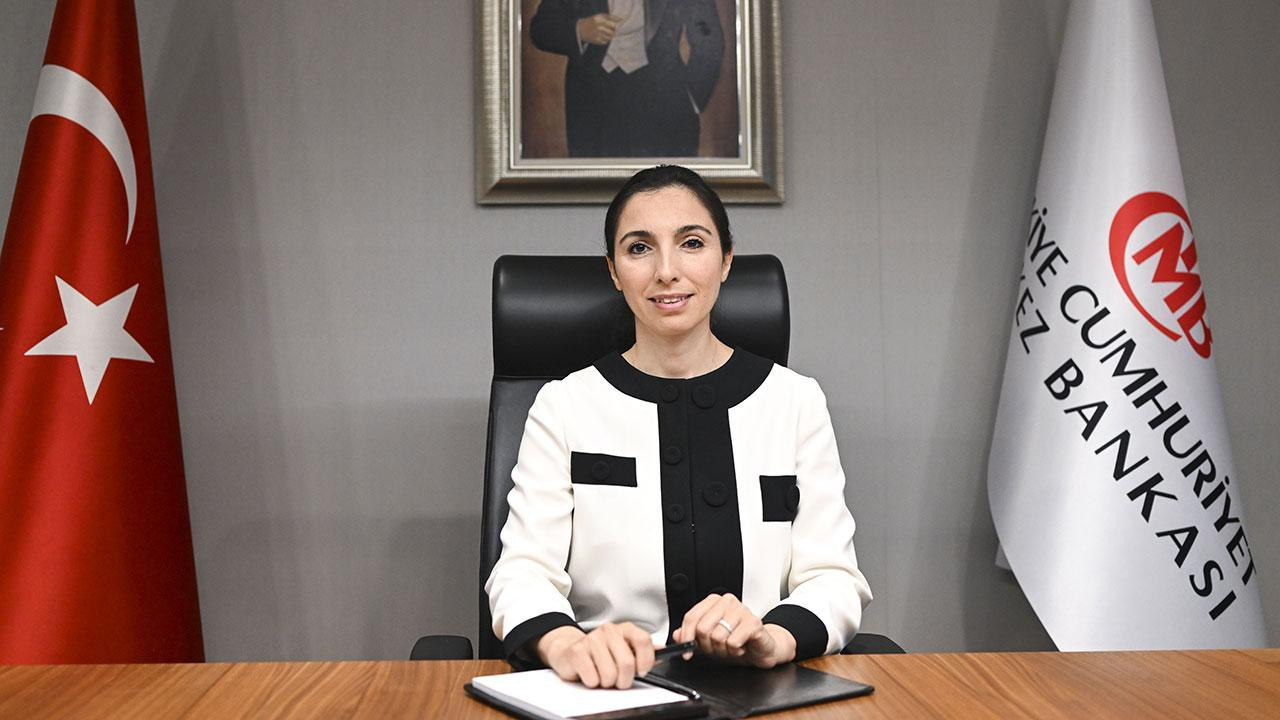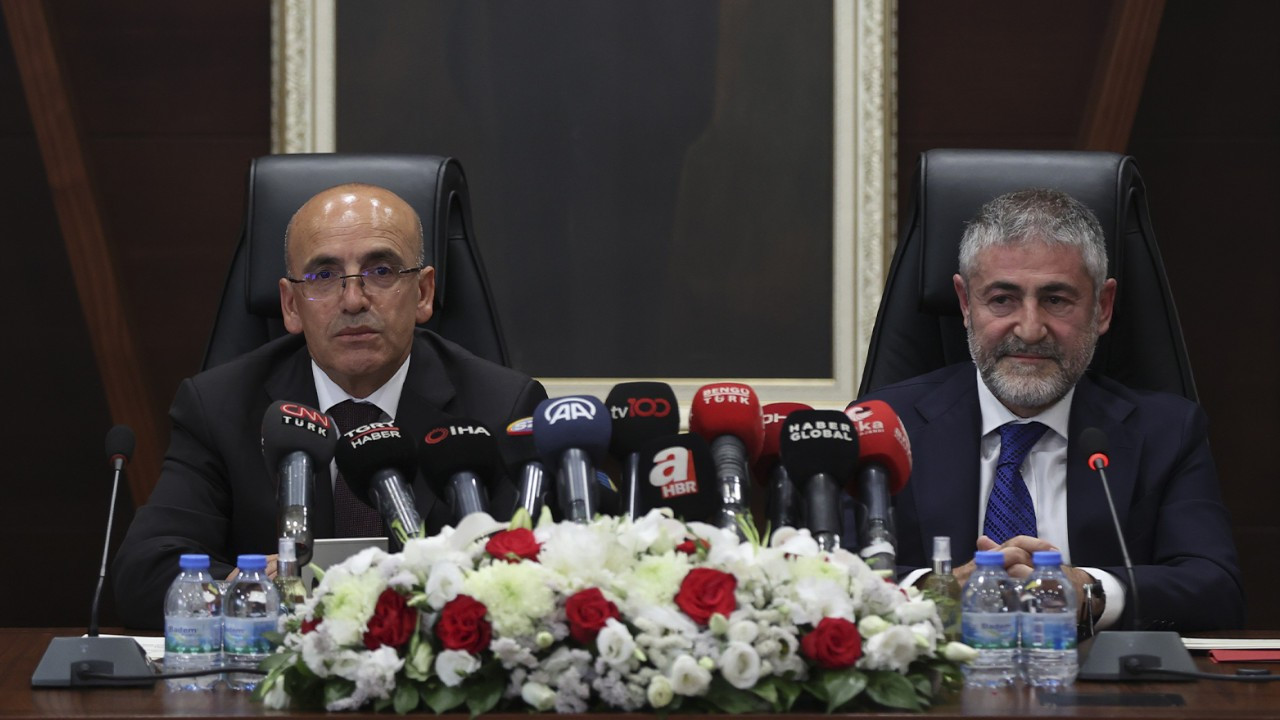Erdoğan replaces three central-bank deputy governors, signaling return to orthodox policies
Turkish President Recep Tayyip Erdoğan has replaced three deputy governors to the central bank in a move to signal a return to orthodox policies.
Reuters
President Recep Tayyip Erdoğan on July 28 named three deputy governors to the central bank, boosting Turkey's international government bonds and reinforcing expectations of increasing orthodoxy in policy after a change in course since May elections.
The appointment of Osman Cevdet Akçay, Fatih Karahan and Hatice Karahan, announced in the country's official gazette, came a day after the bank vowed to continue gradual monetary tightening and raised its end-2023 inflation forecast.
Fatih Karahan, who has a University of Pennsylvania economics PhD, worked as an economist at the Federal Reserve Bank of New York for almost a decade and most recently worked for Amazon as a principal economist, the central bank said.
Akçay is an economist who used to work at Turkish lender Yapi Kredi and has a PhD from the City University of New York. Hatice Karahan, with an economics PhD From Syracuse University, is an academic and a chief economic adviser to Erdoğan.
Tim Ash, a strategist at BlueBay Asset Management, said the appointment of the three represented a "180 degree turn" by Erdoğan as they replaced less orthodox thinkers.
"Cevdet is a superb economist and clear thinker. Hatice is excellent as well - a rational, orthodox thinker. Fatih Karahan, ex-NY Fed. Superb hires," Ash said.
Turkey's international government bonds rallied after the appointments, gaining as much as 1.3 cents on the dollar, lifting most of the bonds back to levels they had been at before Erdoğan won May's presidential election.
The lira stood at 26.9535 against the dollar on July 28 morning, little changed from Thursday's closing level. It has lost 30% of its value this year.
The appointments came after the central bank, under new Governor Hafize Gaye Erkan, reversed course and tightened policy in the last two months following years of rate cuts and a simmering cost-of-living crisis.
On July 27, Turkey's central bank raised its end-2023 inflation forecast sharply to 58% and said it would continue monetary tightening. Annual inflation stood at 38.2% in June.
In what was seen as a pivot to economic orthodoxy, Erdoğan appointed Mehmet Simsek as finance minister and Erkan as central bank governor after his re-election in May. Erdogan holds the unorthodox view that high interest rates cause inflation.
Since Erkan's appointment, the central bank has hiked its policy rate (TRINT=ECI) by 900 basis points to 17.5% in two meetings, but the pace of tightening has remained below market expectations.
Erkan pitched a comprehensive monetary policy in her first formal address to the media on Thursday while her acknowledgment of stark inflation pressures was welcomed by foreign investors.
Economists expect the policy rate to rise further to 25% by year-end, still leaving real rates negative. They warn that Erdoğan's influence over the Turkish central bank (CBRT) limits how far it can go in tightening policy.
"The gradual tightening will be effective only if the new economic teams and the CBRT can bring the market to their side. This is not the case for now," Ipek Ozkardeskaya, senior analyst at Swissquote Bank. "The efficiency of the monetary policy will depend on the speed of normalization."
Erdoğan removed previous deputy governors Emrah Şener, Taha Çakmak and Mustafa Duman, Friday's statement said.

 Turkey’s Central Bank more than doubles inflation forecast to 58 pct by end of yearEconomy
Turkey’s Central Bank more than doubles inflation forecast to 58 pct by end of yearEconomy Turkish economy to return to 'rational ground', says new Finance Minister ŞimşekPolitics
Turkish economy to return to 'rational ground', says new Finance Minister ŞimşekPolitics Erdoğan names Gaye Erkan to lead Turkey's central bankEconomy
Erdoğan names Gaye Erkan to lead Turkey's central bankEconomy